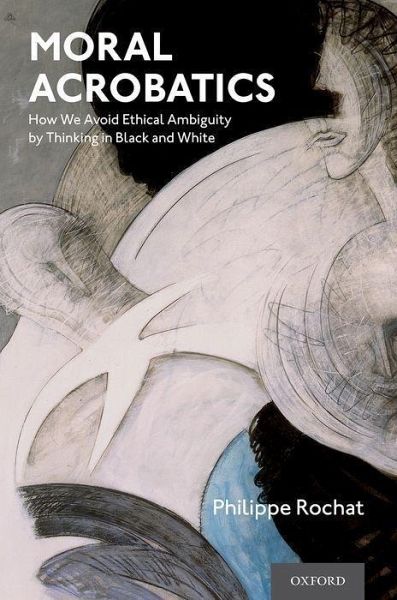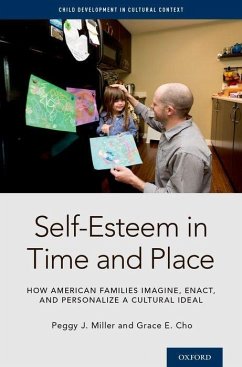
Moral Acrobatics
How We Avoid Ethical Ambiguity by Thinking in Black and White
Versandkostenfrei!
Versandfertig in über 4 Wochen
46,99 €
inkl. MwSt.
Weitere Ausgaben:

PAYBACK Punkte
23 °P sammeln!
Human beings are full of moral inconsistencies. We wear multiple moral hats on one head, and juggle double standards. But how do we manage being the moral acrobats that we are? Moral Acrobatics addresses this question by trying to shed honesty on who we are as moral agents and the limits of what we consider "moral". Philippe Rochat reveals our deep inclination to hold double standards and manage contradictory values, and our universal tendency to cluster our existence depending on context and situations, whether we deal with close kin, colleagues, strangers, lovers, or enemies. Ultimately, Mor...
Human beings are full of moral inconsistencies. We wear multiple moral hats on one head, and juggle double standards. But how do we manage being the moral acrobats that we are? Moral Acrobatics addresses this question by trying to shed honesty on who we are as moral agents and the limits of what we consider "moral". Philippe Rochat reveals our deep inclination to hold double standards and manage contradictory values, and our universal tendency to cluster our existence depending on context and situations, whether we deal with close kin, colleagues, strangers, lovers, or enemies. Ultimately, Moral Acrobatics explains our inclination to see the world in black and white.













